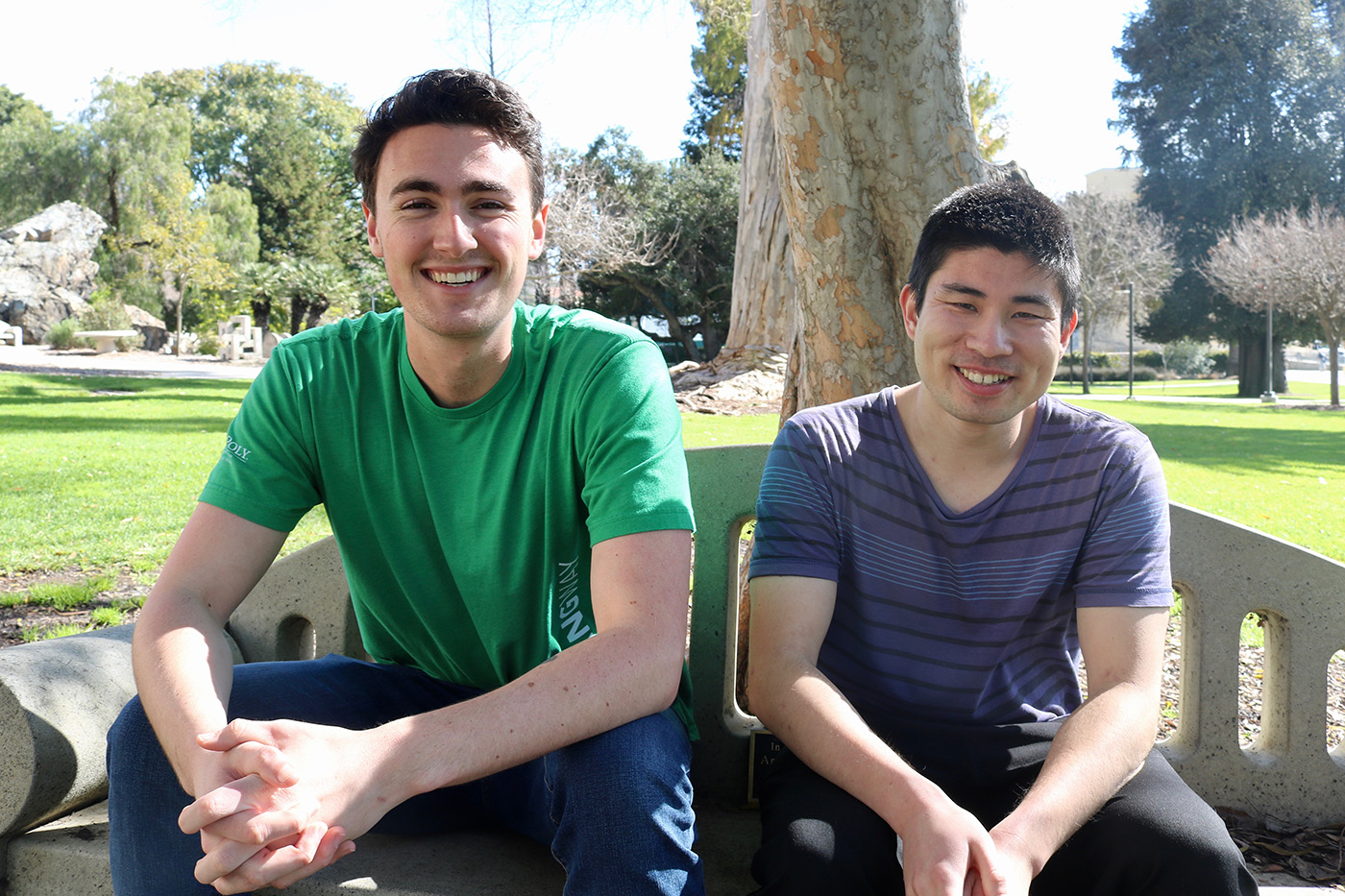In summer 2017, housing authorities told Cal Poly alumnus Kurt Winter he was not allowed to park his boat in his driveway. Winter began looking for short-term storage units in the Bay Area and said he was appalled by the high prices he encountered. He concluded that some alternative storage option was needed. As a result, Winter connected with Jeremy Hass through a mutual friend, and the two co-founded Stash-It.
Stash-It is a service that connects people who need storage solutions with those who have extra space in their homes. The startup launched in San Luis Obispo Jan. 2019 and is still in its beginning stages. Hass said the Stash-It platform was tested among the Cal Poly community because the small, tech-savvy population is open to new ideas and provides constructive criticism.
Stash-It users can either rent or list spaces. Those looking to rent, known as “Stashers,” can begin the process by searching for a location listing that fits their storage needs. Once space is booked, users plan a drop-off date and time with the host. Each host chooses their own listing price, which they receive 80 percent of through PayPal. 20 percent goes to the startup for business expenses. The host is then expected to post photos of the delivered belongings to the Stash-It site for liability purposes. When the renter is ready to pick up their belongings, they can message the host and proceed with the checkout.
The Stash-It process aims to inspire entrepreneurial spirit within communities, Hass said.
“I want to create a great community where people are willing to help each other,” Hass said. “I feel like a lot of people have lost that helping attitude, and I feel having a peer-to-peer community like this is a step in the right direction to getting back to that.”
Stash-It employs two Cal Poly students, business seniors Bruno Cavelier and Reggis Zhang, who help with marketing the service by communicating with the public and creating online content.
“I think it’s really special — I think that it’s very addictive to see people resonate with this idea that no one really has talked about before,” Business Development Representative Cavelier said. “The more people we can get to understand that this problem exists, the more people we can get on board.”
A Stash-It mobile app will be released within the next month. The company’s goal is to expand throughout California this year and eventually make its way to other states by the following year. Hass said Stash-It wants its branding to be synonymous with storage in years to come.
“I really want people to know that we are more than just a company,” Hass said. “At the end of the day, we are a company that is trying to make money, but there’s more to it than that. We really are trying to solve a problem.”

